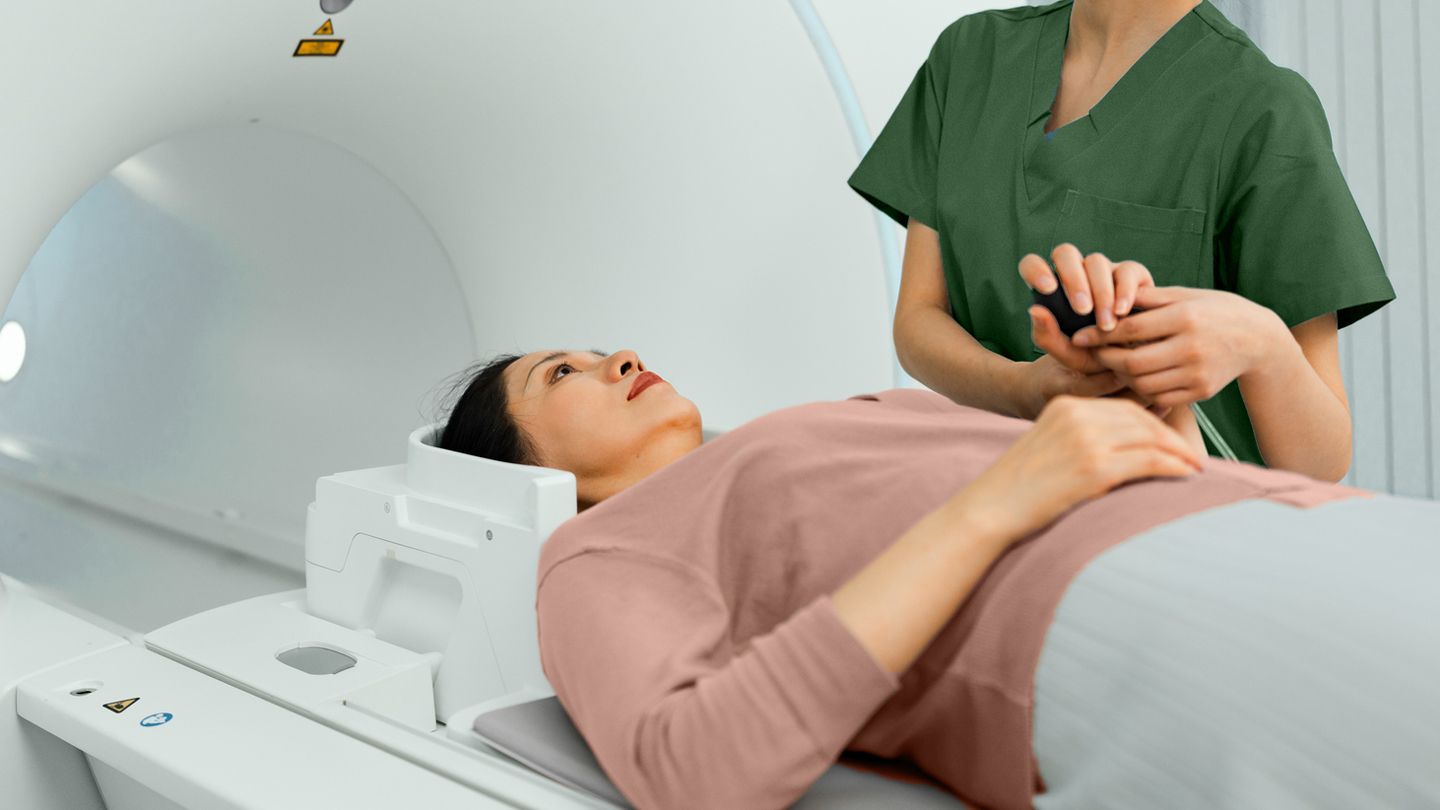Besides being Asian, the biggest risk factor for stomach cancer is exposure to a type of bacteria called Helicobacter pylori, also known as H. pylori, says Robert Huang, MD, a gastroenterologist and an assistant professor of medicine at Stanford Health Care in California.
It’s often unclear how an H. pylori infection happens, but transmission methods include drinking contaminated water or eating food that hasn’t been prepared properly. It can also be passed through saliva, or on hands that weren’t washed thoroughly after using the bathroom.
“H. pylori is sort of endemic in some developing countries,” Woo says. “You can have it when you’re a child, and it can stay in your stomach. There are bacteria that hide in the [lining] of the stomach, and it starts to create changes in the stomach over the course of time.”
While H. pylori is very common, Dr. Huang says it’s also simple to deal with once it’s detected.
“We can very easily treat this infection with a course of oral antibiotics taken over a two-week period,” Huang says. “If we could just get Asians tested for this infection, then we could potentially prevent a lot of [stomach] cancers.”
Read the full article here




